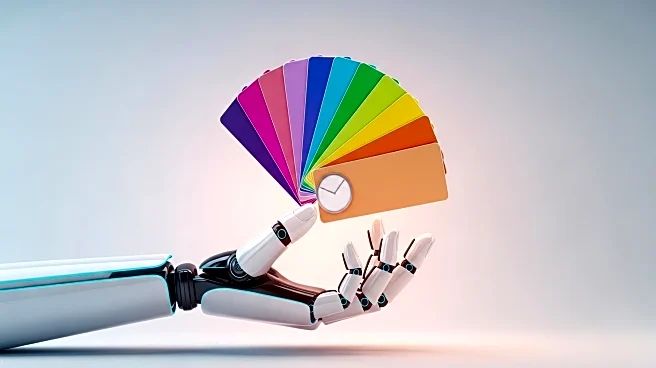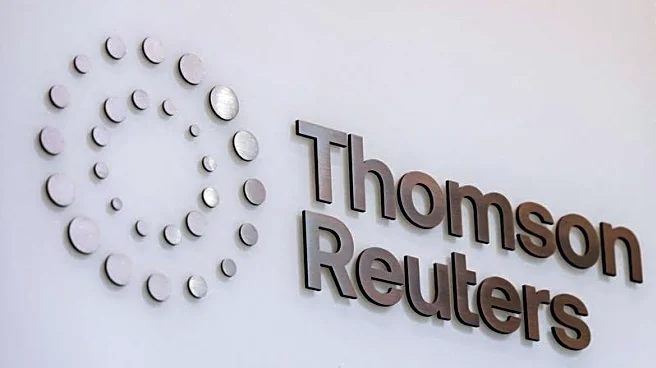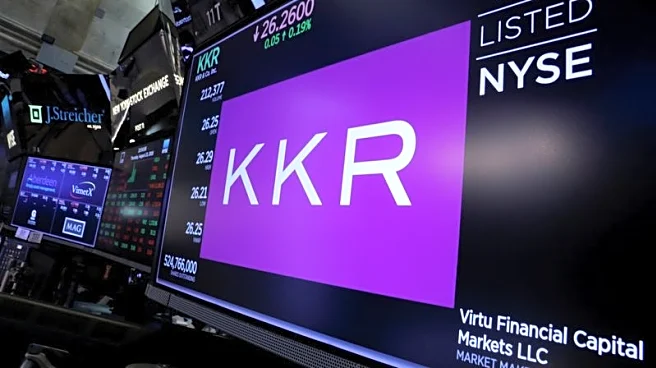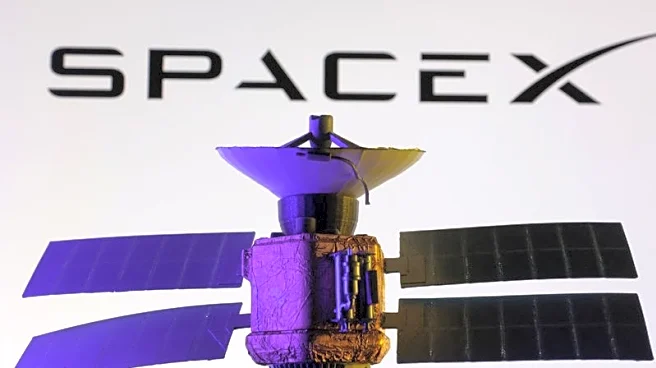What is the story about?
What's Happening?
AI has the potential to accelerate the gender revolution in marketing by identifying and addressing unconscious gender biases. While AI systems can inherit biases from training data, they also offer opportunities to analyze diverse female demographics and flag stereotypes before campaigns launch. AI can help brands move beyond traditional gender tropes, offering insights into how different female audiences respond to messaging and imagery. However, the risk of amplifying gender bias through AI remains a concern, requiring careful management and diverse teams to ensure fair representation.
Why It's Important?
The integration of AI in marketing presents both opportunities and challenges for gender representation. By leveraging AI to analyze consumer behavior and preferences, brands can create more inclusive and representative campaigns. This approach can enhance brand reputation and consumer loyalty, as audiences seek authentic and diverse representation. However, the risk of reinforcing stereotypes through biased AI systems requires vigilance and ethical considerations. Brands that successfully navigate this balance can lead the next phase of the gender revolution in marketing.
What's Next?
As AI technology advances, marketers will need to explore new ways to integrate AI into their creative processes. This could involve using AI to analyze consumer behavior and preferences, allowing for more personalized and targeted campaigns. Brands may also invest in training and development to ensure their teams can effectively use AI tools. The future of marketing will likely involve a blend of AI-driven optimization and human creativity, requiring marketers to continuously adapt and innovate.
Beyond the Headlines
The ethical implications of AI in marketing include concerns about data privacy and the potential for reinforcing consumer stereotypes. As AI becomes more prevalent, companies must address these issues to maintain consumer trust. Additionally, the rise of AI in marketing could lead to shifts in employment within the industry, as traditional roles may evolve or become obsolete.
















